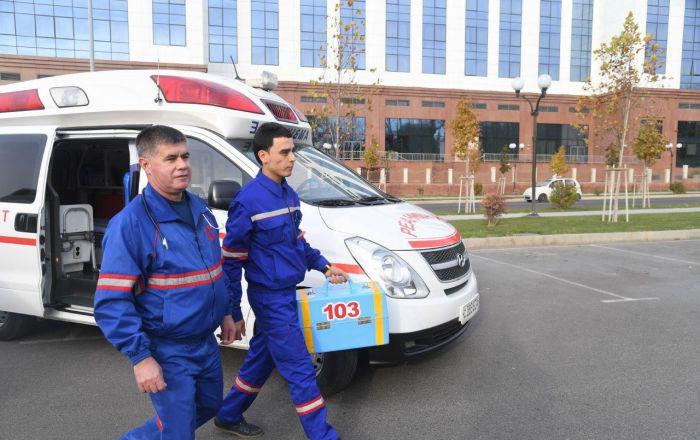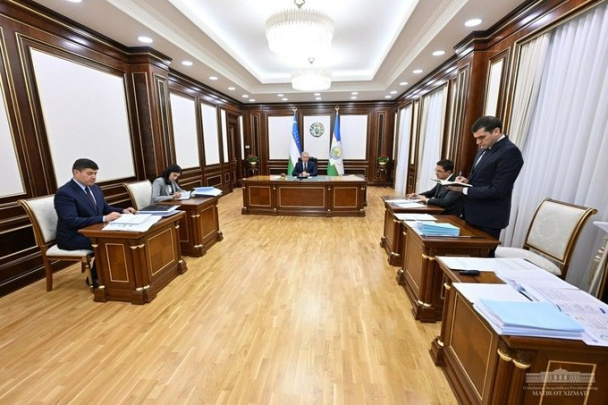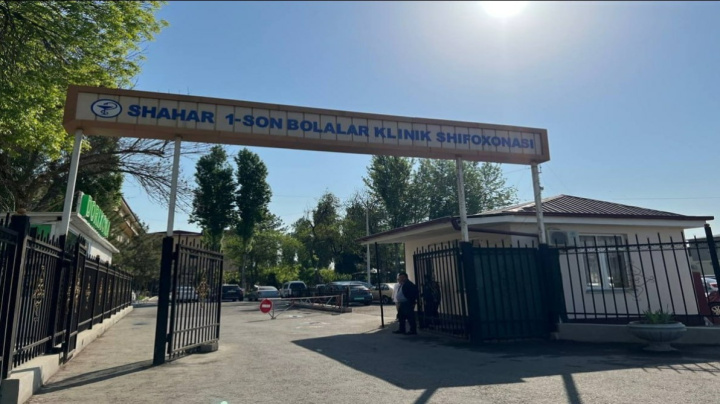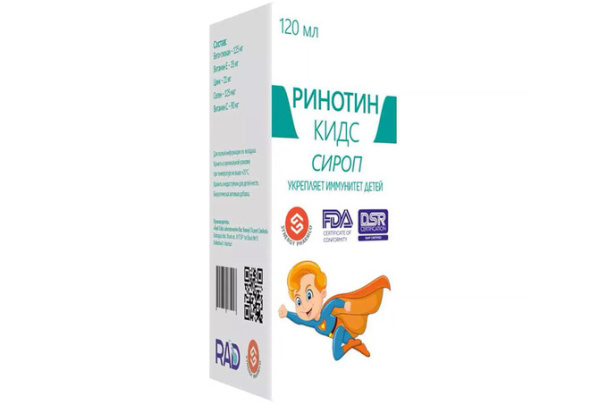Ministry of Health explains why ambulance is late for emergency calls

The Ministry of Health explained why ambulances are almost always late for emergency calls in Uzbekistan.
According to the Ministry, a serious obstacle to improving the quality of the ambulance service is unreasonable and false calls, non-compliance with the rules for clearing the road for an ambulance, and blocking the road and entrance routes to houses.
“The calls received in emergency medical care are divided into two groups. Damages and diseases or cases that pose a serious danger to the patient’s life and health, that is, the results of accidents, emergencies, high-altitude trauma, unconscious or various shock conditions, profuse bleeding, childbirth, thermal burns or body cooling, acute poisoning from chemicals or drugs, electric shocks are considered emergency. The ambulance must arrive within 20 minutes for such calls,” the deputy chief doctor of the Tashkent city ambulance station Ilhom Aslonov said.
According to him, the second group includes non-emergency calls (arrhythmia, asthma, moderate trauma, allergies, headache, abdominal pain, fever and so on) – the ambulance must respond to such calls within 30 minutes.
“Today, 30-40% of all calls to an ambulance are unreasonable, not suitable for any category of calls. In most cases, people with chronic diseases call an ambulance so that they can get their blood pressure examined or get an injection. “There are more than 1000 such calls per year,” Aslonov says.
Another problem – fake calls, which take longer than regular calls. One of the most important problems is non-compliance with the rules for clearing the road for an ambulance.
It should be recalled that in June, the tragedy of an old woman was widely discussed, when an elderly resident of Tashkent died in a hospital due to the delay of an ambulance.
Reportedly, in Uzbekistan, annually the emergency medical services handle more than 10 million requests. The Republican Scientific Center of Emergency Medical Care, its regional branches and departments provide over 200,000 patients with the most complex high-tech operations.
Over the past two years, about 1,500 specialized vehicles have been purchased for the sector at the expense of the State budget. The regional demand for this equipment has been fully covered.
Related News

11:48 / 05.09.2024
State health insurance to be introduced in two regions from October 1

16:25 / 26.04.2024
Health Ministry denies rumors about increase in requests to children’s clinical hospital in Tashkent

10:01 / 18.04.2024
Health Ministry revokes permission to import Rinotin Kids syrup

12:30 / 11.03.2024




